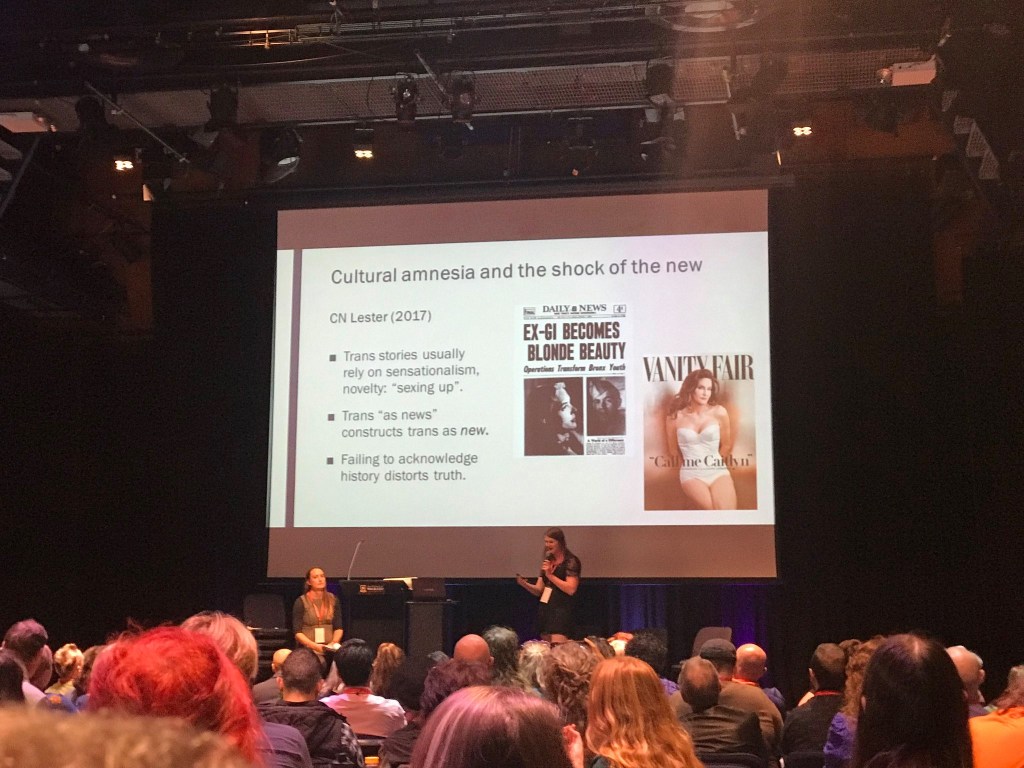Cross-posted from the Trans Pregnancy project blog.
We are delighted to announce that the first two peer-reviewed articles on findings from our research interviews are now available. Both draw on an analysis of 51 interviews with people who had concieved. One looks at experiences of pregnancy loss among a subset of research participants, and the other explores routes to conception.
More information on each of these articles can be found below, along with links to open-access versions which are free to read.
~

Published in BMC Pregnancy and Childbirth (BioMed Central). The article is fully open-access and free to read.
This article examines male, trans/masculine and non-binary gestational parents’ experiences of pregnancy loss, an experience that more broadly affects millions of people every year. We found that, like cisgender parents, our research participants often faced grief following a pregnancy loss, and like heterosexual cisgender men in particular, they often faced barriers to support.
However, the research participants also reported experiences specific to pregnancy loss among male, trans/masculine and non-binary gestational parents, including difficulties in accessing inclusive healthcare, and resistance to “failed” or “wrong” body narratives. We therefore make recommendations for healthcare providers regarding the importance of appropriate language, and the need to sensitively attend to emotions attached both to the loss itself and to the possible desire to attempt another pregnancy.
~

Published in the International Journal of Trangender Health (formerly the International Journal of Transgenderism). An open-access version of the article can be read for free here.
This article explores how men, trans/masculine and non-binary people navigated different social norms and/or practical obstacles to conception. It shows that individuals engage in diverse practices that normalise their experiences of conception, while also highlighting the unique needs and challenges they can face.
The article will also form part of a special issue of the International Journal of Transgender Health that we are editing which will be published in full in early 2021. This special issue will more broadly explore issues of fertility, reproduction, and sexual autonomy among trans and non-binary people. Two other great articles from the special issue have also already seen advance publication:
Administering gender: Trans men’s sexual and reproductive challenges in Argentina, by Andrés Mendieta & Salvador Vidal-Ortiz.
“Just because I don’t bleed, doesn’t mean I don’t go through it”: Expanding knowledge on trans and nonbinary menstruators, by A.J. Lowik.
There is of course a lot more to come – watch this space for more new research findings from both ourselves and our colleagues in the field.







